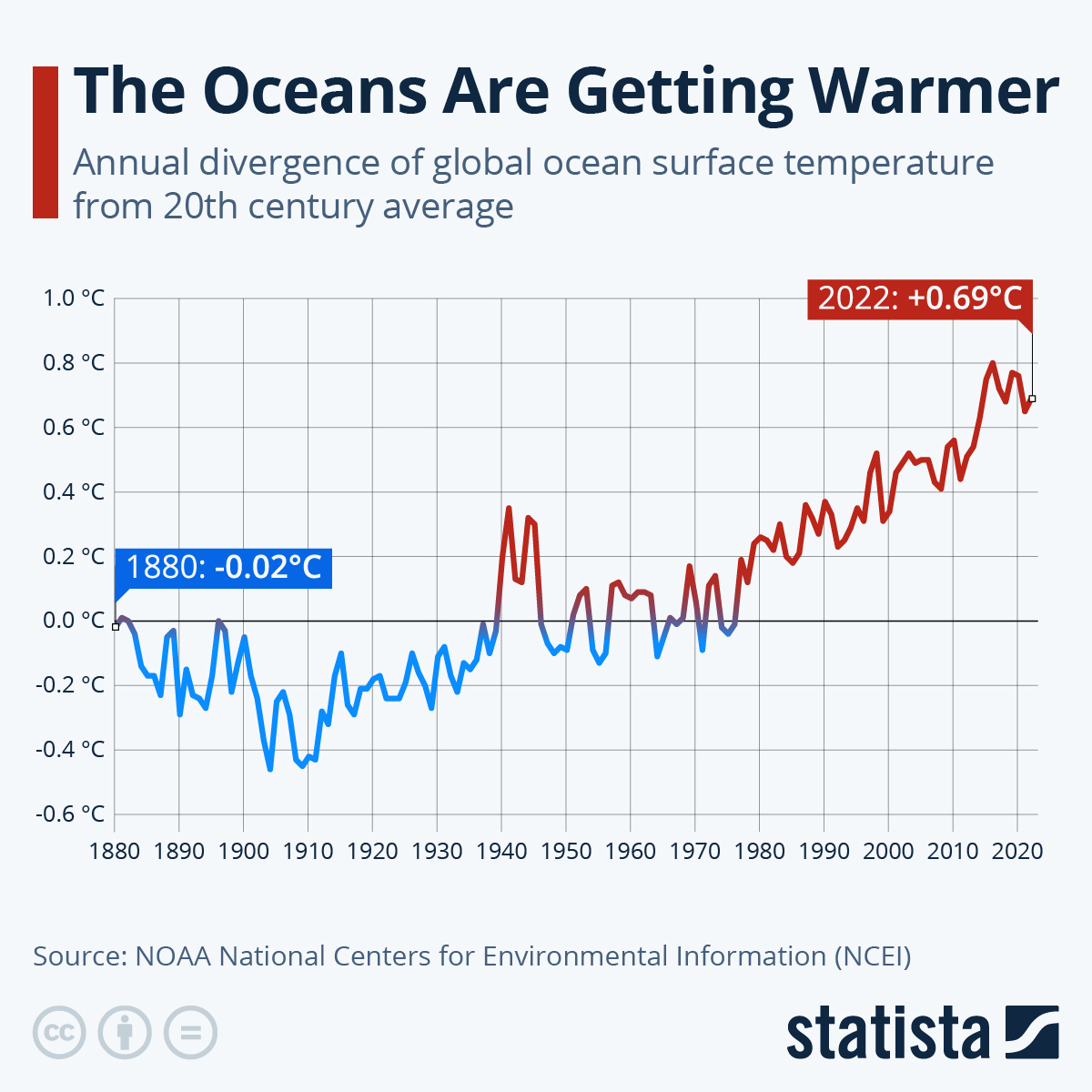Still more "saving hypotheses" on the part of true believers.
But first a brief summary of claims I've already debunked:
1. The mid-twentieth century hiatus in global temperatures can be explained by the cooling efffect of industrial aerosols (see the second post in this series).
2. Sea level rise isn't correlated with CO2 emissions, because, according to blogger CCHolley, it's "highly variable about the mean level due to the hydrological cycle," and besides "sea level rise correlating to temperatures has nothing to do with the cause of the temperature rise," and besides "perfect correlation to temperature would not be expected because ice will not stop melting just because warming stopped, it takes time for the ice to reach thermal equilibrium. . ." -- none of which has the slightest bearing on the fact that it's impossible to claim a cause-effect relation if no correlation exists,
for whatever reason (see also the third post in this series.)
3. Evidence that sea level rise has actually declined over the last several years can be explained by the cooling effects of the Mt. Pinatubo eruption, which masked the expected accelaration (see the previous post in this series).
Now for some more examples:








